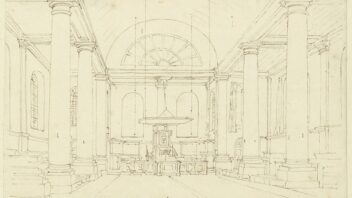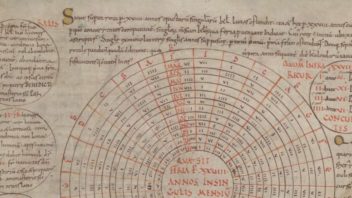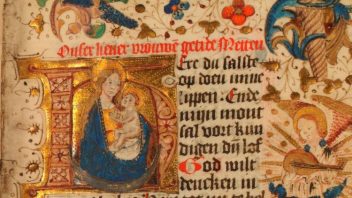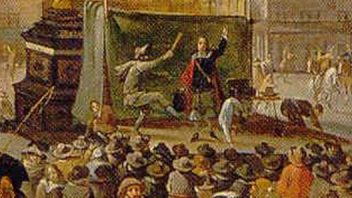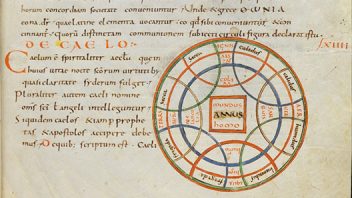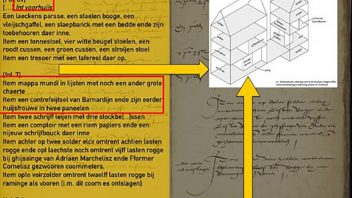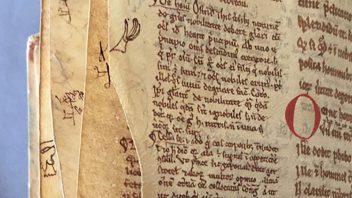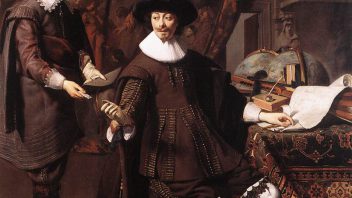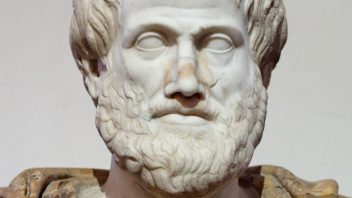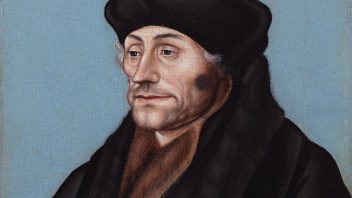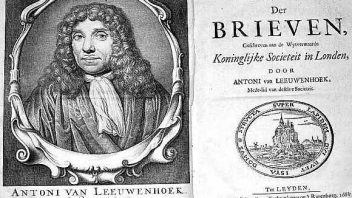Knowledge and Art Practices
In the research group, we investigate how knowledge and art practices circulated in European communities in the form of texts, material objects, and collaborations. The Low Countries in the early modern period are our starting point. We analyse the dynamics in production and consumption networks of knowledge and art. Processes of production, circulation, communication, codification, reception and authorisation of (anonymous, forgotten, marginalised) knowledge and art are central.
We combine ideas from the field of knowledge history with approaches from New / Material Philology, visual and material knowledge culture and performative or re-enactment methods. We deploy these ideas and methods to model and analyse textual and visual sources of knowledge and art. We support these analyses with tools and techniques from the digital humanities such as ‘text-reuse’, network analysis, semantic web and artificial intelligence.
Our research
In this way, we explore how:
– knowledge and art take shape in European communities. In doing so, we pay particular attention to:
- theories and practices of scholars and artists;
- the dynamics and circulation in and between groups, individuals and cultural artefacts;
- the social processes that take place in the appropriation of material and debating culture;
- the role of so-called ‘invisible technicians’, focusing on analyses of marginalised groups in which these knowledge and art practices are created and appropriated;
- and how knowledge and art acquire reliability and credibility.
– we can optimise analogue, and especially digital/computational methods for a better understanding of how knowledge and art shape, and are shaped.
Collaboration
Our research group plays an initiating role in the field of the history of knowledge and art practices in collaboration with heritage institutions and the cultural sector. For the enrichment and interpretation of (meta-) data of collections or objects of heritage institutions, we cooperate a lot with our department of Data Management, and with the Digital Infrastructure Department and research groups DHLab and NL-Lab of the KNAW Humanities Cluster.
We seek an active role in the public debate on the social impact of knowledge and art, including trying to find inclusive uses for collections.



